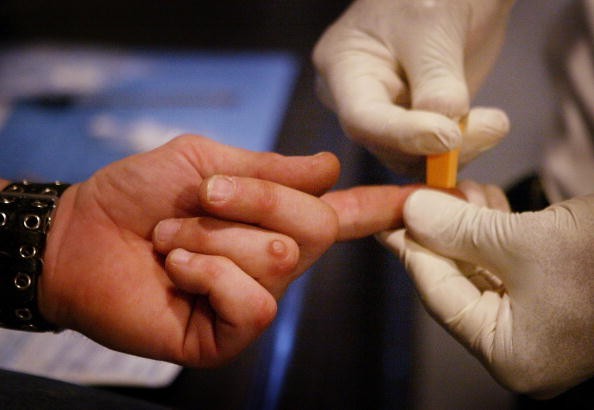
For decades the most commonly used blood thinner, or anticoagulant use to prevent blood clots and strokes, has been warfarin. Newer blood thinners like Xarelto from Bayer and Johnson & Johnson and Eliquis from Bristol-Myers Squibb and Pfizer are safe for most situations, but could not be reversed if a patient needed emergency surgery or had a bleeding episode. Now, these drugs should get a boost because an "antidote" that can reverse their effects in an emergency is expected to enter the market.
Portola Pharmaceuticals has applied for approval in the United States for a drug called andexanet alfa. Andexanet alfa rapidly reverses the anticlotting effect of Xarelto and Eliquis. This antidote is expected to enter the market in 2016.
Many physicians have been leery of prescribing the newer blood thinners because of the dangers of severe bleeding episodes, according to a Reuters Health article. Severe bleeding episodes can be fatal or cause long-term problems.
"It will make a big difference," Dr. Mariell Jessup, a cardiologist at the University of Pennsylvania Medical Center, told Reuters. "I have many physicians, particularly surgeons, who hate these drugs. They're frightened of them because they've had to deal with the consequences of somebody coming in with trauma," while using the new blood thinners.
The new drugs cause fewer major bleeding episodes than warfarin, which is also known as Coumadin. Patients are not required to restrict their intake of dark green vegetables and other foods rich in vitamin K, which lessens warfarin's effectiveness.
Warfarin is still the leading blood thinner in the United States because it is inexpensive. Xarelto and Eliquis are about 70 times more expensive than warfarin, according to Express Scripts Holding Co, a pharmacy benefits manager.
Xarelto and Eliquis are approved to treat patients with a type of irregular heartbeat called atrial fibrillation that significantly increases the risk of stroke risk and to treat deep vein thrombosis and pulmonary embolism.
Andexanet alfa would become Portola's first product to reach market.



